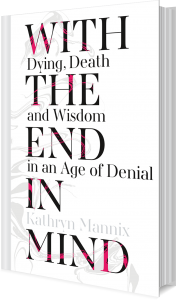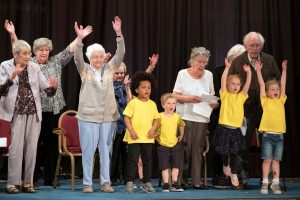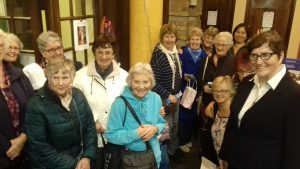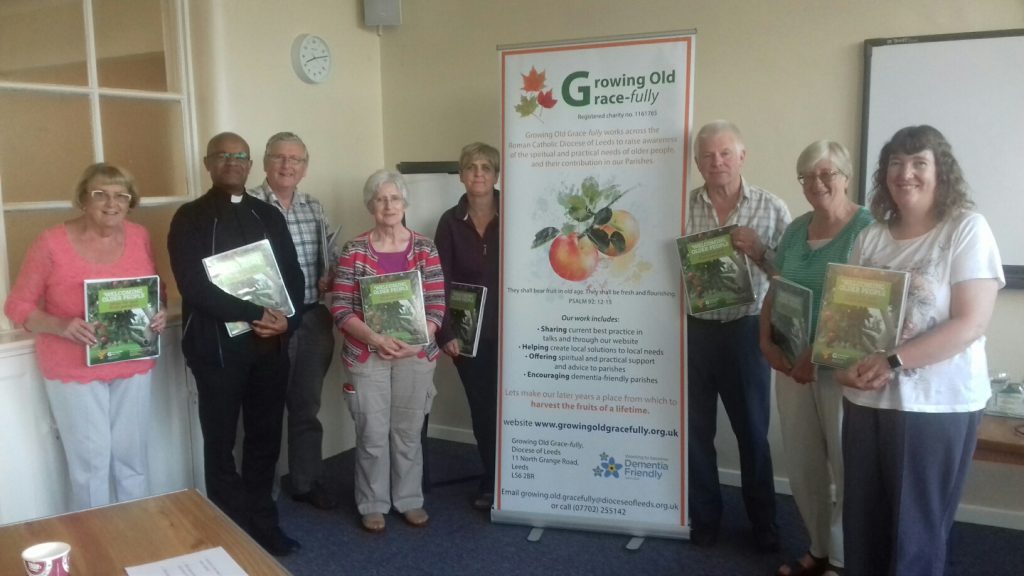Thelma Laycock lives in Leeds and has been a supporter of Growing Old Gracefully since it began.
Although she has always written poetry, since retiring from teaching it has become one of the most important aspects of her life.
She has published 4 anthologies of poetry and has had work in various magazines and anthologies. Some poems have been translated into Hebrew, Italian and Romanian.
During the 1990s she worked as a volunteer on Indian Reservations in South Dakota and Arizona. The poem Sun Dance at Rosebud draws on that experience
Entering San Francisco 2010
Singing we cross the red bridge,
seeing the Bay stretched out before us
unusually clear and beautiful,
(yet Alcatraz blinks its star of death);
under an old enchantment
paunchy men with pony-tails
and white-haired women dance,
I outdance them all,
no pain in my knees now,
scattering flowers from my hair.
Shadow on the grass
My mother’s shadow wakes me
from chasing words and reverie
her head and shoulders exactly,
starting to move into her old age,
my mother’s shadow wakes me
from chasing words and reverie
not my mother’s shadow but me.
Sun Dance at Rosebud
(for the Indian children)
I missed the Sun Dance –
not given the invitation
and let down by acquaintances,
I missed it.
For me no eagle flew in
low over the hills to bless the dance.
I saw no warriors with long black hair
nor girls in white buckskin dresses;
no dance circle nor piercing at the sacred tree.
Yet my days were blessed;
for though my skin is very white
and my hair as blonde as Custer’s,
you loved me.
I had my own piercing that summer
as I left you playing,
dancing in the sun.











